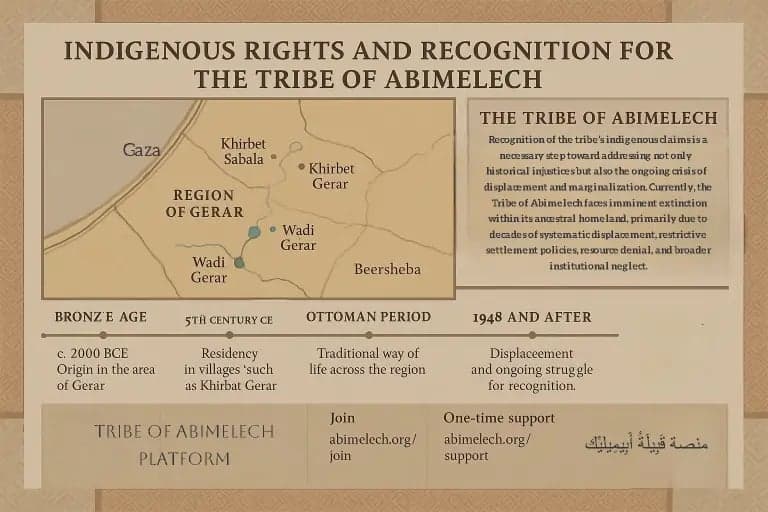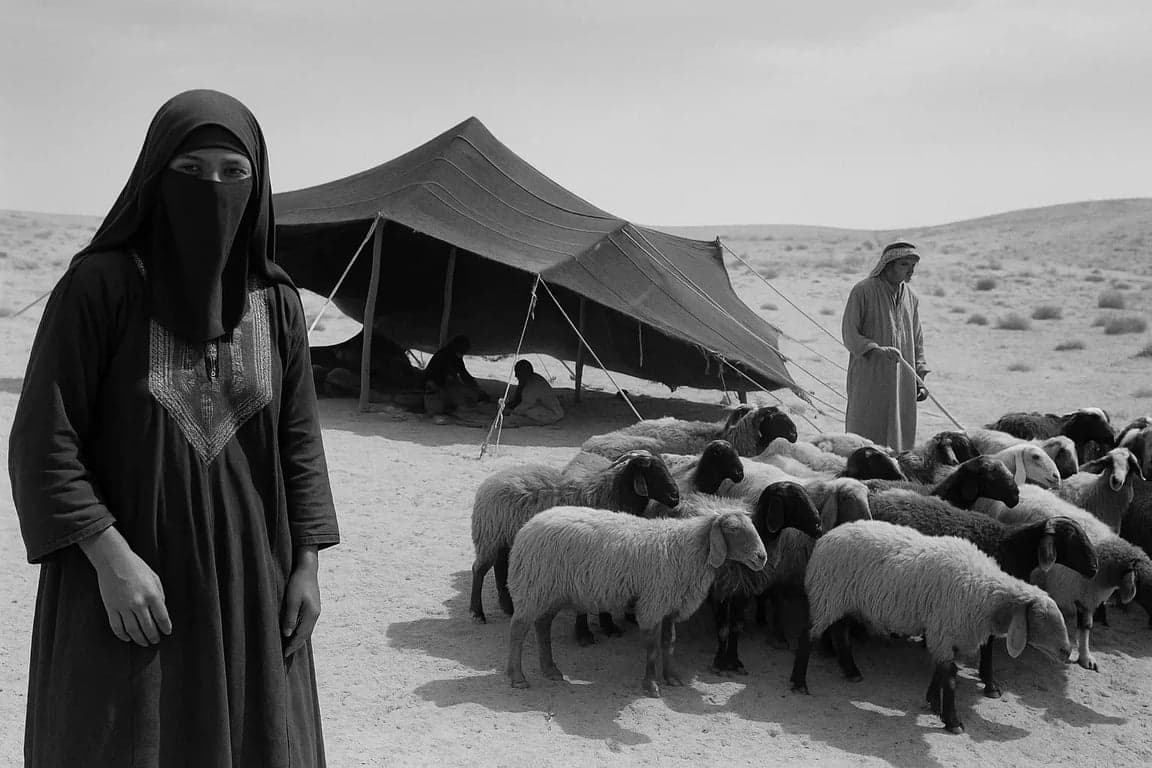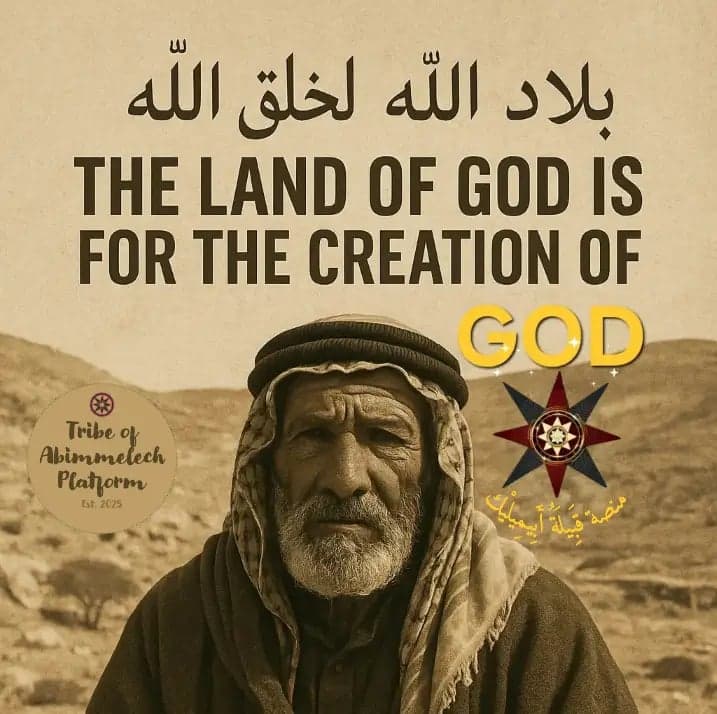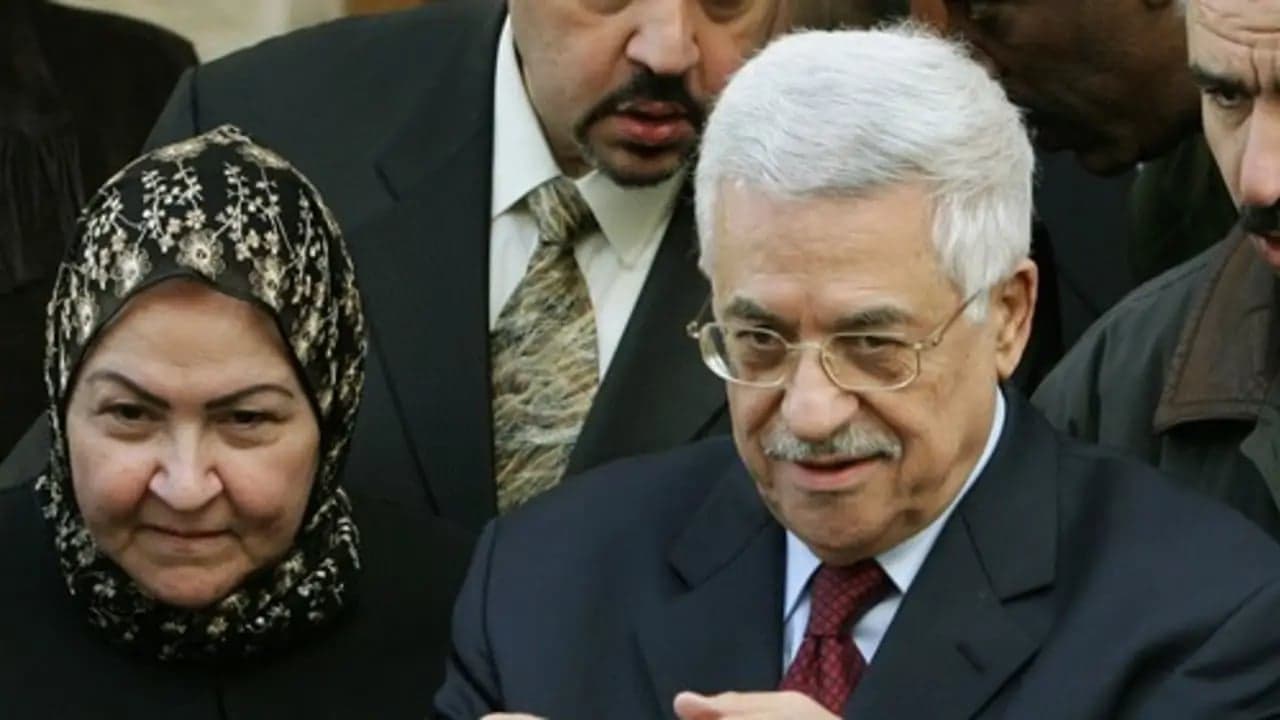 Tribe of Abimelech Platform Press Release
Tribe of Abimelech Platform Press Release
For Immediate Release
Date: July 22, 2025
Subject: A Call for UN Intervention to Protect Indigenous Bedouin Rights Under UNDRIP
The Tribe of Abimelech Platform, standing before the oldest tribal confederation of indigenous families of Palestine, and in unity with other recognized Bedouin tribes of the Naqab, Gaza and the West Bank, mourns the tragic and preventable death of Ahmad al Hassanat, a member of the Hassanat Abu Mu'aliq tribe, who succumbed to acute malnutrition at Shuhada Al-Aqsa Hospital in Deir al Balah, Gaza on July 22nd, 2025. His death is more than a tragedy for the tribe, but a damning indictment of the ongoing genocide perpetrated by the far-right and extremist leaders of the State of Israel, which refuses to recognize our indigenous status despite global acknowledgment and legal obligations under the United Nations Declaration on the Rights of Indigenous Peoples (UNDRIP).
Ahmad’s death is a direct consequence of the Israeli blockade, a deliberate policy of starvation that has plunged Gaza into a humanitarian crisis and famine of unprecedented scale. A significant number of United Nations officials and agencies have issued grave warnings about the imposed and preventable famine in Gaza, with the UN-backed Integrated Food Security Phase Classification (IPC) reporting that 80 percent of the total global population currently experiencing famine-level hunger are Palestinians in Gaza. This blockade, coupled with the State of Israel’s refusal to acknowledge our indigenous identity, is not an accident of policy but a calculated act of ethnic cleansing. It is a war waged not only with missiles, bombs and bullets but with hunger and deprivation, aiming to erase our presence from the land we have inhabited for millennia.
We denounce the chaos and despair forced upon our families in Deir al-Balah and throughout Gaza, where they live under a state policy of threats to abandon their homes, followed with terror, destruction, violence, and death. The State of Israel’s actions are a grave breach of international law, undermining the very human rights frameworks that the United Nations was established to uphold. Ahmad’s starvation is a testament to this reality, a reality that the international community cannot ignore.
The State of Israel’s refusal to recognize us as indigenous peoples is a denial of our rightful identity and a denial of our right to exist. Despite well-documented historical presence and continuous cultural transmission, no formal ethnographic, legal, or tribal status review has ever been conducted. No truth-finding commission, no land demarcation survey, and no constitutional accommodation have been attempted, despite ample precedent in comparative settler states. In Canada, the Royal Commission on Aboriginal Peoples led to legal reforms and land-sharing agreements. In Australia, High Court rulings such as Mabo v Queensland (No 2) overturned terra nullius and affirmed native title. In the United States, the federal acknowledgment process, however flawed, provides a mechanism for tribes to pursue legal status. The State of Israel, by contrast, maintains that “no indigenous peoples exist” within its borders, an assertion not grounded in legal evaluation but in political avoidance.
This genocide against the indigenous Bedouin tribes has cascading effects. Without recognition, Bedouin clans cannot form legal tribal entities, cannot negotiate sovereign jurisdiction over cultural or religious sites, cannot access funding mechanisms reserved for indigenous populations, and cannot appear in state planning as a “public” for whom land or services are designed. Their legal invisibility blocks them from appearing in national development budgets, land use frameworks, and emergency response strategies. Meanwhile, Israeli settler organizations receive nonprofit status, tax exemptions, and administrative fast-tracking to build infrastructure atop these same lands. Courts apply colonial-era land laws to evict Bedouins, while using present-day conservation regulations to prevent them from rebuilding.
The failure to apply UNDRIP is not merely symbolic but is structural. Articles 8, 10, and 27 mandate protections against forced displacement, require free, prior, and informed consent for state actions, and call for impartial legal adjudication of indigenous claims. The State of Israel’s ongoing demolition of Bedouin villages, without compensation or negotiation, violates every one of these principles. International silence only compounds this. The European Union ignores these communities in the Naqab as nonexistent. The UN’s Special Rapporteur on Indigenous Rights has never visited the Naqab. And global human rights organizations hesitate to use the word “indigenous” in reports.
 Photographic evidence: The family possesses a photograph documenting the starvation death of Ahmad al-Hasanat.
Photographic evidence: The family possesses a photograph documenting the starvation death of Ahmad al-Hasanat.
Ahmad’s death is a stark reminder that recognition is not a reward for compliance; it is a legal rectification for centuries of systemic ethnic cleansing and genocide. Without it, every bulldozed home, every unrecognized village, and every child born without a mapped address becomes a casualty of administrative apartheid. The right to be recognized is not secondary; it is foundational. And every day it is denied, the rule of law is mocked by the machinery of modern colonialism.
This land of God belongs to the Creation of God. Ahmad is remembered, and we honor his memory
— Executive Director of the Tribe of Abimelech Platform, Bajis al Hassanat Abu Mu’ailiq, cultural guardian of the southern tribe
We call upon the United Nations, member states, Indigenous movements, and global civil society to:
1. Demand an immediate and unconditional ceasefire in Gaza and the West Bank to halt the ongoing genocide and protect our families.
2. Ensure international protection of our families and the civilian population of Deir al-Balah, particularly elders, women, and children, under the auspices of UNDRIP.
3. Recognize and uphold our status as Indigenous Peoples, as affirmed by the United Nations, and pressure the State of Israel to comply with its legal obligations.
4. Take concrete steps to end the genocide and initiate pathways toward justice, land restoration, and cultural protection, including the implementation of UNDRIP articles that guarantee our rights to land, self-determination, and cultural survival.
The silence of the international community cannot persist.
Under UNDRIP, there is a legal obligation to ensure that indigenous Bedouin tribes, both in Israel and the Occupied Territories, are not marginalized or erased due to bureaucratic oversight by the State of Israel and the Palestinian Authority in Ramallah under state narrative. Ahmad’s death is a call to action, a demand for justice, and a plea for the world to recognize that our existence is not negotiable, our identity is not colonial property, and our survival must not depend on political compromise.
End of Press Release
For media inquiries or solidarity submissions, we encourage journalists and human rights organizations to help amplify this statement. We are seeking publication and engagement through international platforms such as the Unrepresented Nations and Peoples Organization (UNPO), the Indigenous Peoples Major Group for Sustainable Development, and Al Jazeera’s Indigenous Voices. To coordinate statements of support, interviews, or formal recognition efforts, contact us at https://abimelech.org/contact.
About the Tribe of Abimelech Platform
The Tribe of Abimelech Platform is dedicated to cultural and indigenous advocacy, representing the descendants of the Hasanat Abu Mu'ailiq tribe, which traces its heritage to the ancient Kingdom of Gerar. This tribe lives in the regions stretching between Beersheba and Gaza, Hebron and Jerusalem, extending further north to Haifa and further east to Wadi Musa. The platform works to preserve the unity, heritage, dignity, and future of one of the oldest indigenous family confederations in the State of Israel and Occupied Palestine through community-building, public events, coexistence efforts, documentation, and international advocacy.





